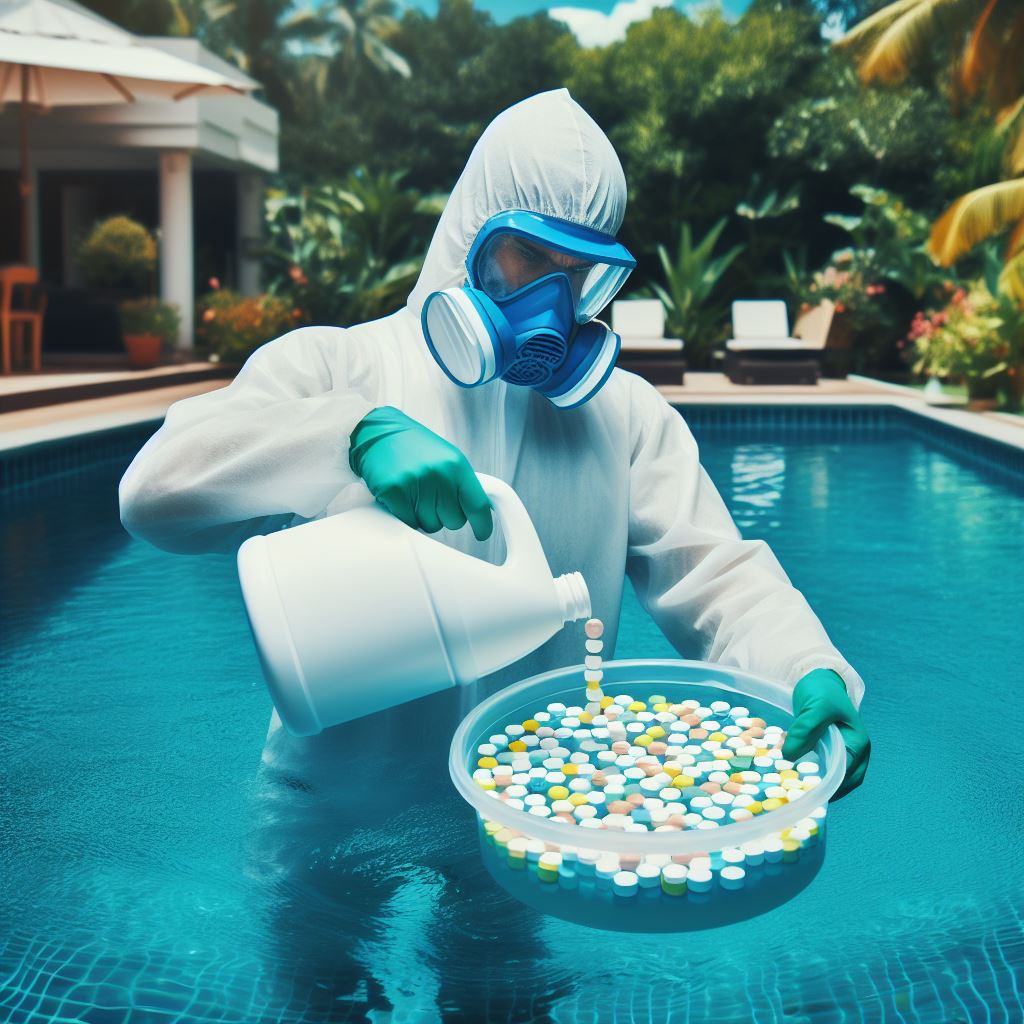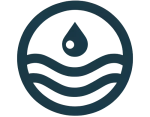Swimming pool chlorine tablets play a crucial role in maintaining water hygiene and safety. Manufacturers of these tablets are entrusted with the responsibility of ensuring their quality through meticulous processes and controls. This article explores the comprehensive measures undertaken by manufacturers to guarantee the effectiveness and safety of swimming pool chlorine tablets.

Quality Control Measures
Manufacturers prioritize quality control from the selection of raw materials to the final packaging and storage of chlorine tablets. The raw materials, such as trichloroisocyanuric acid or sodium dichloroisocyanurate, are carefully sourced from reputable suppliers to ensure purity and effectiveness. The production process, whether compression or extrusion, demands precision to maintain uniformity in tablet density and dissolution rates. Strict adherence to standardized protocols minimizes variations in product quality.
Quality assurance testing is a critical aspect of the manufacturing process. Tablets undergo rigorous testing for physical attributes like hardness, size, and shape to ensure consistency. Chemical analysis verifies the purity of active ingredients and detects any impurities. Dissolution testing evaluates the tablets’ chlorine release rate, crucial for effective disinfection.
Packaging and storage are vital for preserving tablet integrity. Moisture-resistant packaging materials prevent degradation, while clear labeling provides usage instructions for consumers. Storage conditions, including temperature and humidity control, are closely monitored to prevent deterioration.
Regulatory Compliance
Manufacturers must comply with regulatory standards governing product safety, labeling, and environmental impact. Adherence to these regulations is ensured through regular audits and inspections. Compliance not only ensures product safety but also builds trust with consumers and regulatory authorities.
Customer Feedback and Continuous Improvement
Manufacturers actively seek feedback from customers to identify areas for improvement. Customer input drives continuous research and development efforts aimed at enhancing product efficacy, safety, and sustainability. By embracing customer feedback and technological advancements, manufacturers can consistently improve product quality and meet evolving consumer needs.
Conclusion
In conclusion, the quality of swimming pool chlorine tablets is paramount for ensuring water safety and hygiene. Manufacturers employ rigorous quality control measures throughout the production process, from raw material selection to final packaging. Regulatory compliance and customer feedback further enhance product quality and drive continuous improvement initiatives. By prioritizing quality, manufacturers uphold standards that contribute to the health and enjoyment of swimming pool facilities.

 Instant
Quote
Instant
Quote Email
Us
Email
Us